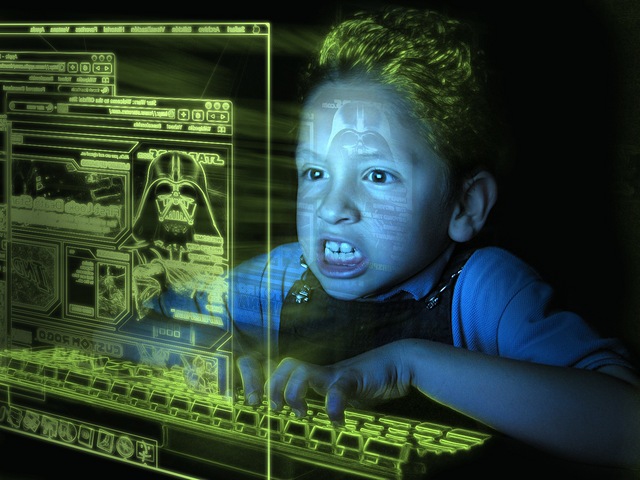The teenage years can be difficult for parents and kids alike. The firestorm of hormonal changes, new academic and social challenges, emotional volatility and shifting family dynamics can feel overwhelming,.
What is “adolescence”?

Adolescence is a phase of maturation: it is a transitional period of physical and psychological human development between childhood and adulthood, the cultural purpose of which involves preparation to assume adult roles. Classically, adolescence occurs from 12 to 22-25 years old.
Biologically, adolescence is marked by the onset of puberty and the termination of physical growth with changes in the sex organs and characteristics including height, weight, and muscle mass, as well as a time for major changes in brain growth and maturation.
Cognitively, adolescence is characterized by improvement in abstract thinking, in knowledge and in logical reasoning.
Socially, adolescence is a period of preparation for culturally adequate social adult roles such as being as worker or a romantic partner. It is such a dramatic “changing” phase that statements to describe this period include an “identity crisis”, “normal to be abnormal”, “a normative psychosis”, etc.
Why teenagers behave differently to when they were a child?

The body and brain are changing dramatically.
New behaviours are surfacing and parents and other family members may be frustrated and irritated by them.
Notably, the attention of an adolescence will shift and it will be harder to concentrate, it is harder to get motivation from the tasks requested to comply with, and they can engage in higher risk-taking behaviour with possible negative outcomes.
All these are normal adaptive behaviours and result from on-going changes in the brain.
What is happening to a teen brain?
The brain is both hardware (constitution) and software (functions).
The teenager’s brain is different than the adult brain: it is still developing and will continue to do so until full maturation by the age of 22-24.
The greatest changes in the brain volumetric areas responsible for self-control, judgment, emotions, and organization develop between puberty and adulthood. Therefore, poor decision-making, recklessness, and emotional outbursts that characterize teenage behaviour are explainable.

During the teenage years there is a second phase of rapid brain development – the first phase occurred in the first 18 months of life – and then the connections among neurons in the brain that are not used disappear, while those that are used stay stronger, a process called “pruning” that makes the brain more efficient.
So, adolescent brain development can be consciously controlled by adolescent themselves: those who learn and train to organize their thoughts, understand abstract concepts, and control their impulses will be laying the neural foundations for the rest of their lives.
Therefore, conscious decision-making and the adoption of healthy lifestyle habits in adolescence will impact the rest of your life, as will “bad habits”. Here is an example: it is clear from research that adolescents are more vulnerable than adults to the effects of alcohol on learning and memory. Those who repeatedly use alcohol can suffer long-term effects, with compromise of cerebral functioning and long-term negative effects on the development of their brains.
Mental Health During the Teen Years

Many of the mental health issues people confront as adults begin to manifest in adolescence. On the flip side, teens can struggle with anxiety, depression, addiction, bullying, Eating Disorders, Attention-Deficit/Hyperactivity, or other forms of distress that are developmentally appropriate but will not necessarily endure. Parents can help by learning how to identify worrying signs and taking a balanced approach to dealing with increasingly independent young people.
Where to go for help?
Your child might need your help to contact a professional for example to an adolescent psychologist or neuropsychiatrist.
**********************************************
CONTACT an English Speaking Psychologist in MILAN – ITALY
Dr. Martina Larsen Payà +39 349 1696270
martinalarsenpaya@gmail.com
**********************************************





